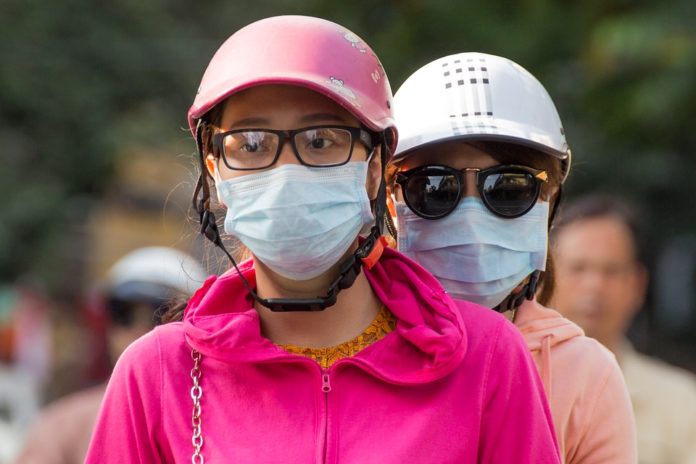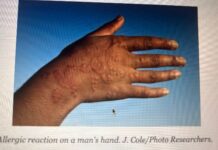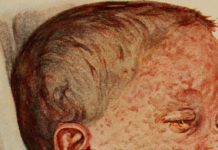
Whether masks and health purifiers really have health benefits, is yet to be proven
As sellers of masks and air purifiers soar on the wings of repeated reports of reports of lethal air pollution levels in Delhi, whether they have real health benefits is still an open question.
The head of the premier scientific research council in the country has said that it is not known whether masks and air purifiers benefits users is not known.
Replying to a question, Dr Balram Bhargava director general of Indian Council of Medical Research said: “Nothing is 100% in biological systems…masks and air purifiers do reduce PM2.5 inhalation but how much health benefits it will have we do not know.” Sales of air purifiers are at an all time high. Masks, especially of the N95 variety have also become increasingly popular. However, Dr Bhargava explainer, it is not just the make of the mask that matters but even simple things like its fit.
“Nothing is 100% in biological systems…masks and air purifiers do reduce PM2.5 inhalation but how much health benefits it will have we do not know.”
“There is probably no mask available in India…if you have a double chin it may not be as effective,” Dr Bhargava added.
Earlier this week a study by researchers from across India published in The Lancet Planetary Health said that one in eight deaths in India is because of air pollution related diseases. However the largest burden of morbidity and mortality is not in the most polluted state of Delhi but in Uttar Pradesh, show figures arrived at by the team led by Dr Lalit Dandona of Public Health Foundation of India.
Dr Dandona says: “The findings in this paper that one out of every eight deaths in India can be attributed to air pollution, and that air pollution is now responsible for more disease burden in India than tobacco use, would help increase the momentum further for control of air pollution. With substantial variations between the states, the estimates of outdoor and household air pollution exposure for every state, and the state-specific number of deaths and life-expectancy reduction associated with air pollution would be useful to guide policy suitable for the situation in each state.”













